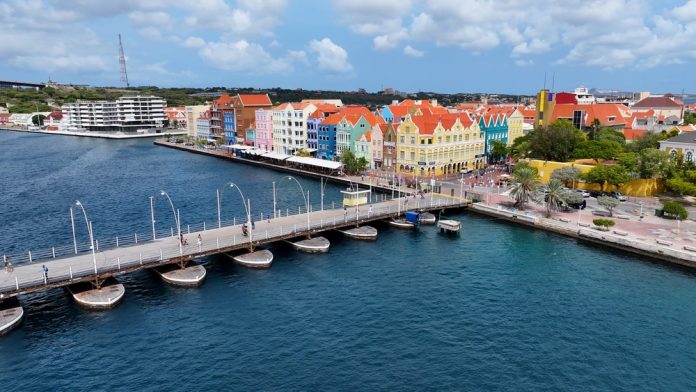According to a recent ruling by the Supreme Court of the Netherlands, Curaçao master license holders can be held liable for violations committed by their sublicensees.
The decision was made following the ruling by the Joint Court of Justice of Aruba, Curaçao, Sint Maarten, Bonaire, Sint Eustatius, and Saba against Cyberluck in 2022, which required the main licensee to pay out the unpaid winnings to two players for which the sublicensee was responsible. The Supreme Court has now ruled that Cyberluck has no grounds for appeal.
The development will be felt across the region and is likely to lead to tighter controls by master licensees over the actions of their sub-licensees. This marks a new era for Curaçao, which has recently emphasized the need for operators to have a presence on the island and be connected to local events.
It is worth noting that the decision was made by the Supreme Court of the Netherlands, which is the highest court for all countries in the Kingdom of the Netherlands, including Curaçao.
Furthermore, the decision comes at a time of regulatory transformation for Curaçao. In July, the portal for B2B and B2C gaming companies to apply for a Curaçao license reopened for the first time since its previous closure on April 30.
This opening of the application process is a key element of a new regulatory era in the jurisdiction.
At the time, Aideen Short, an adviser to the Curaçao Gaming Control Board, said that it means “guaranteed continuity of business”.
She added: “All of the sub-licensees had the opportunity, and had this six-month timeline in which they could make an application on the portal. And in doing so, they locked in the ability to get grandfathered through when the lock gets enacted.
“That closed on 30 April and with that, we had high expectations but we actually were completely surprised. We have 741 license applications. So we were expecting a few hundred, we had hoped for a higher number and we got 741 – which is just absolutely fantastic.”
The new framework was also welcomed by 500.Casino COO Christoffer Andersson who stated: “It has been relatively smooth sailing for us, what Curaçao is asking for their ‘2.0’ license is something we have already been applying for a long time.
“At the end of the day, it is still a process to renew and fill in a load of paperwork.”
He added that he “believes it is good to keep the regulations on a decent level, but without restricting players or operators”.
Andersson is now confident that Curaçao will get a “a better reputation because of these changes, and several bad apples will not continue to operate under a Curaçao license”.
The urgency to eliminate bad actors increased in June, when political conflict in the country led to a delay in a new tax agreement between Malta and Curaçao.
Concerns about the tax agreement, which was agreed back in 2015, arose due to the actions of the National Social Committee (NSC), the opposition party in Curaçao, and were mainly related to concerns about tax evasion.
Don’t forget to subscribe to our Telegram channel!











